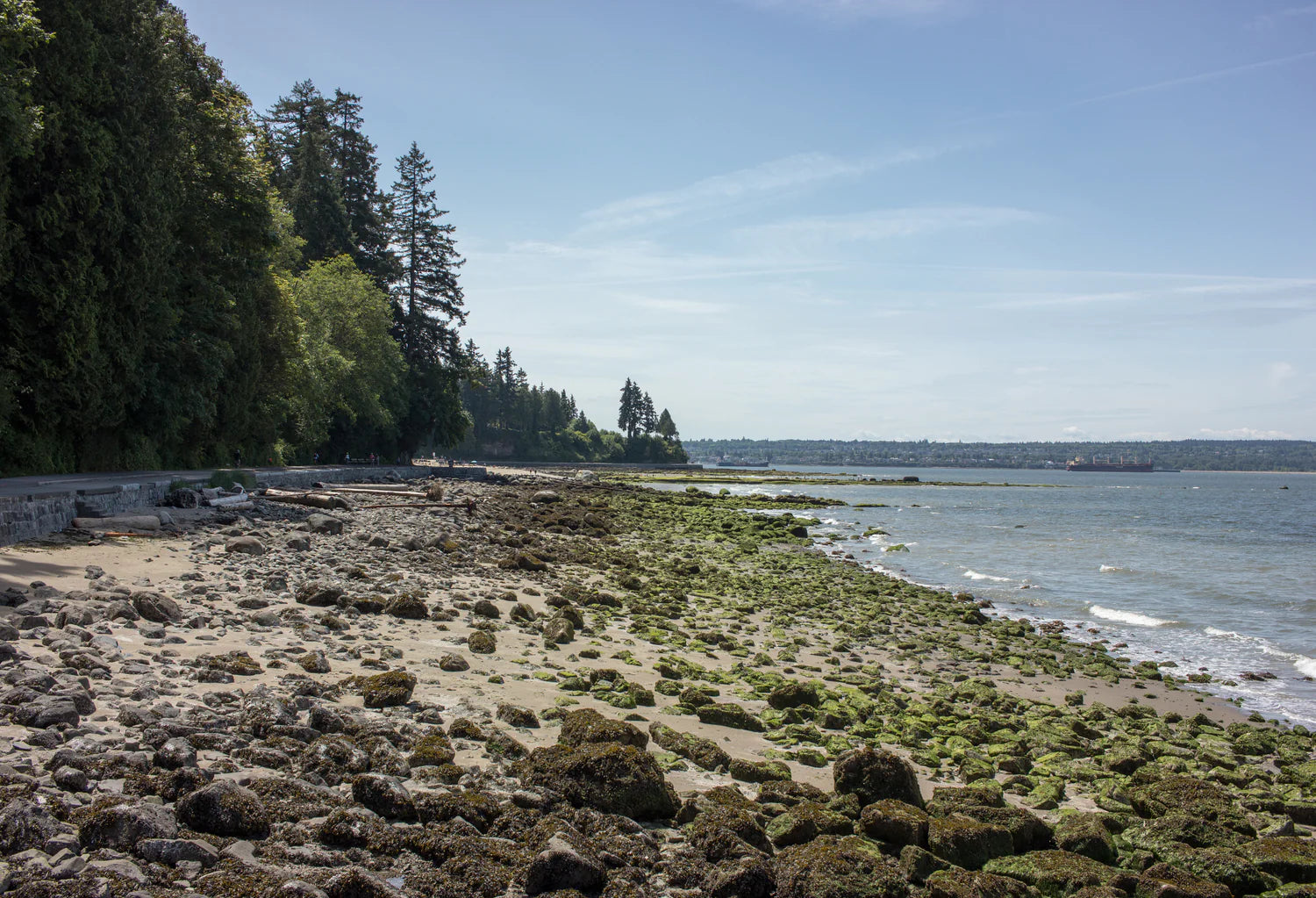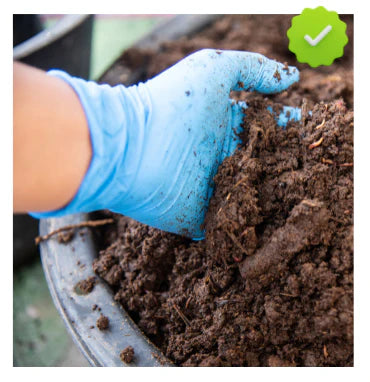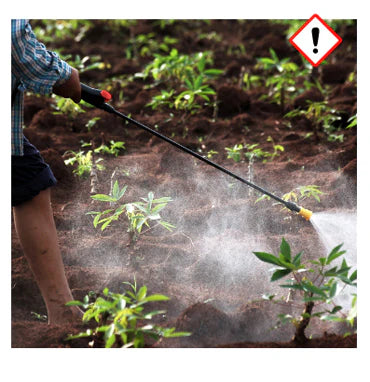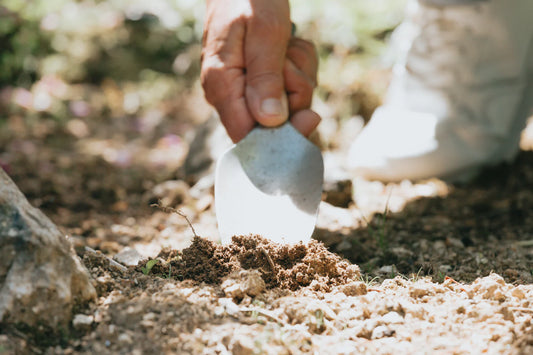How to Dispose of Fertilizer

Why Fertilizer Needs to be Properly Disposed of
Did you know that chemical fertilizers can contaminate your community’s water supply if not disposed of properly? Many fertilizers contain phosphorus, which can promote the growth of algae. This can deplete the oxygen in rivers, lakes, and streams, harming fish and other aquatic life. Plus, the widespread use of chemical fertilizers in urban areas already has negative environmental impacts. But don’t worry, you can help reverse this by making sure to dispose of fertilizers properly and protect marine life while reducing their carbon footprint. And remember, never pour fertilizer down a sink or storm drain, as this can contaminate sewage water. Let’s work together to keep our environment healthy!




